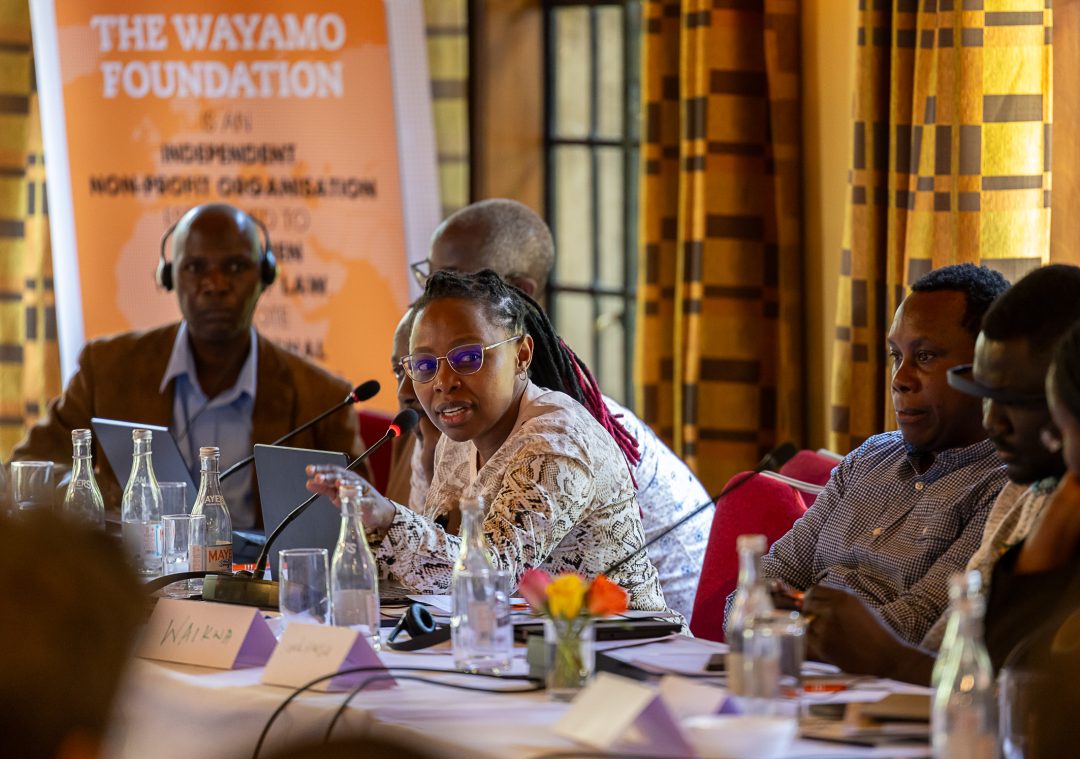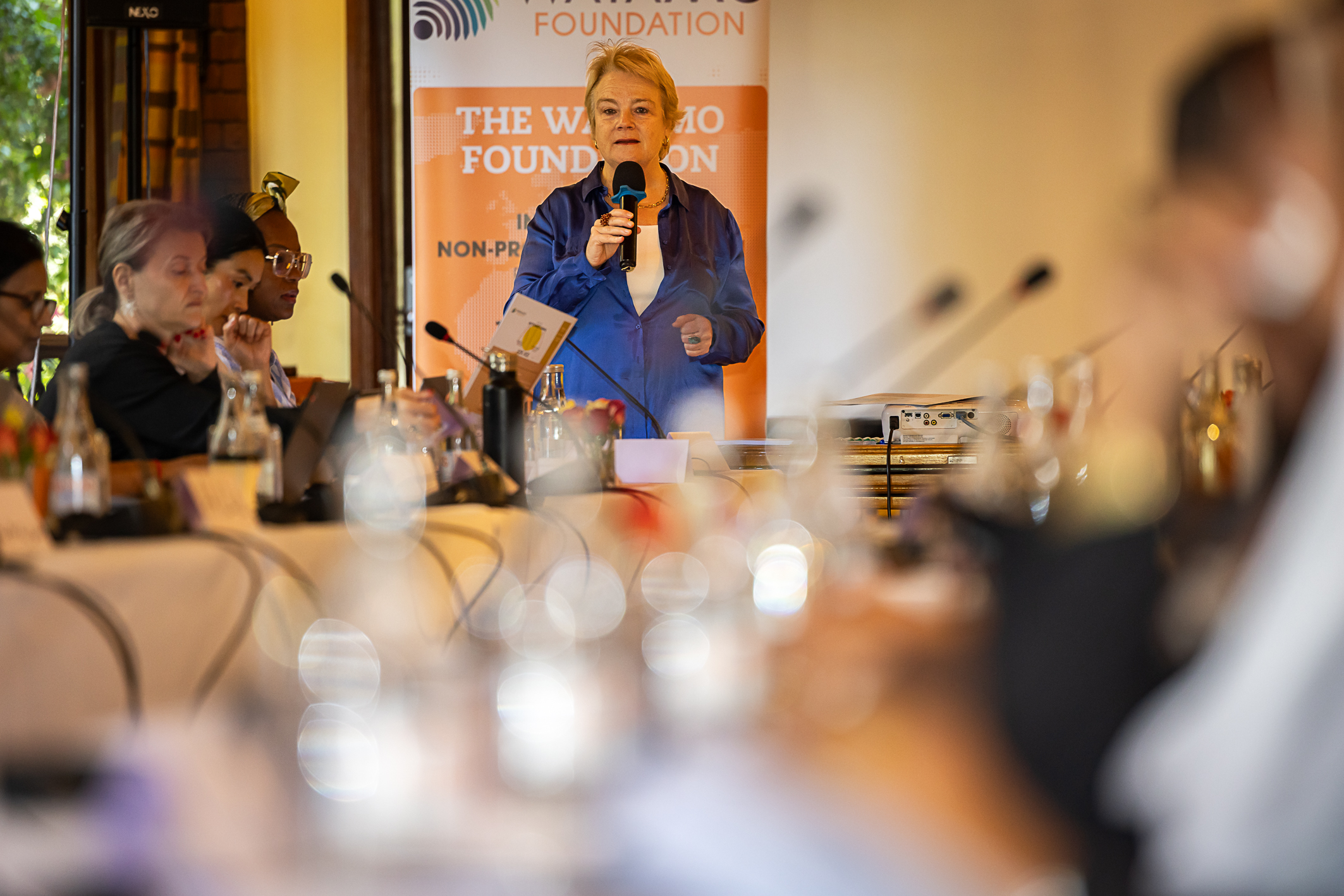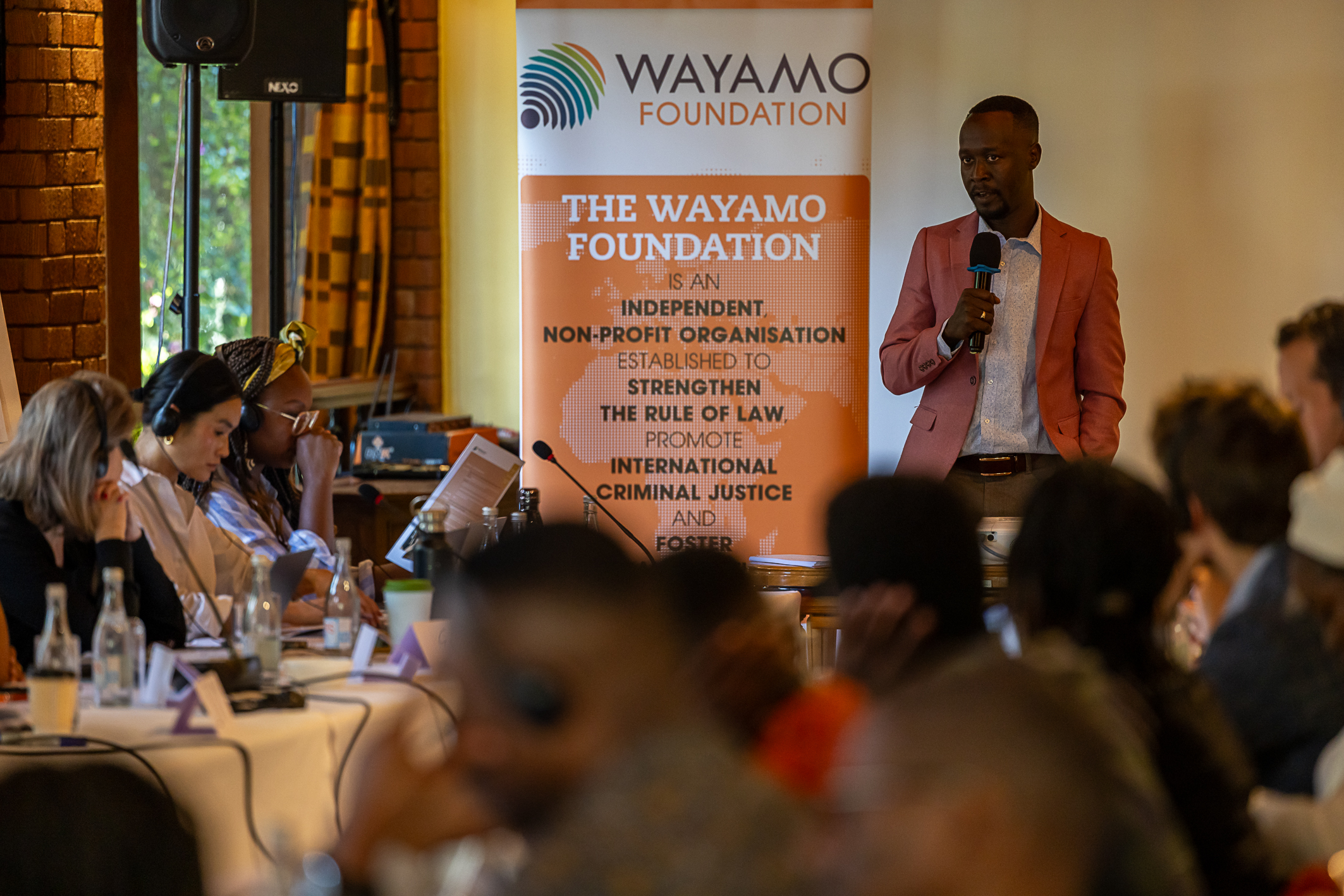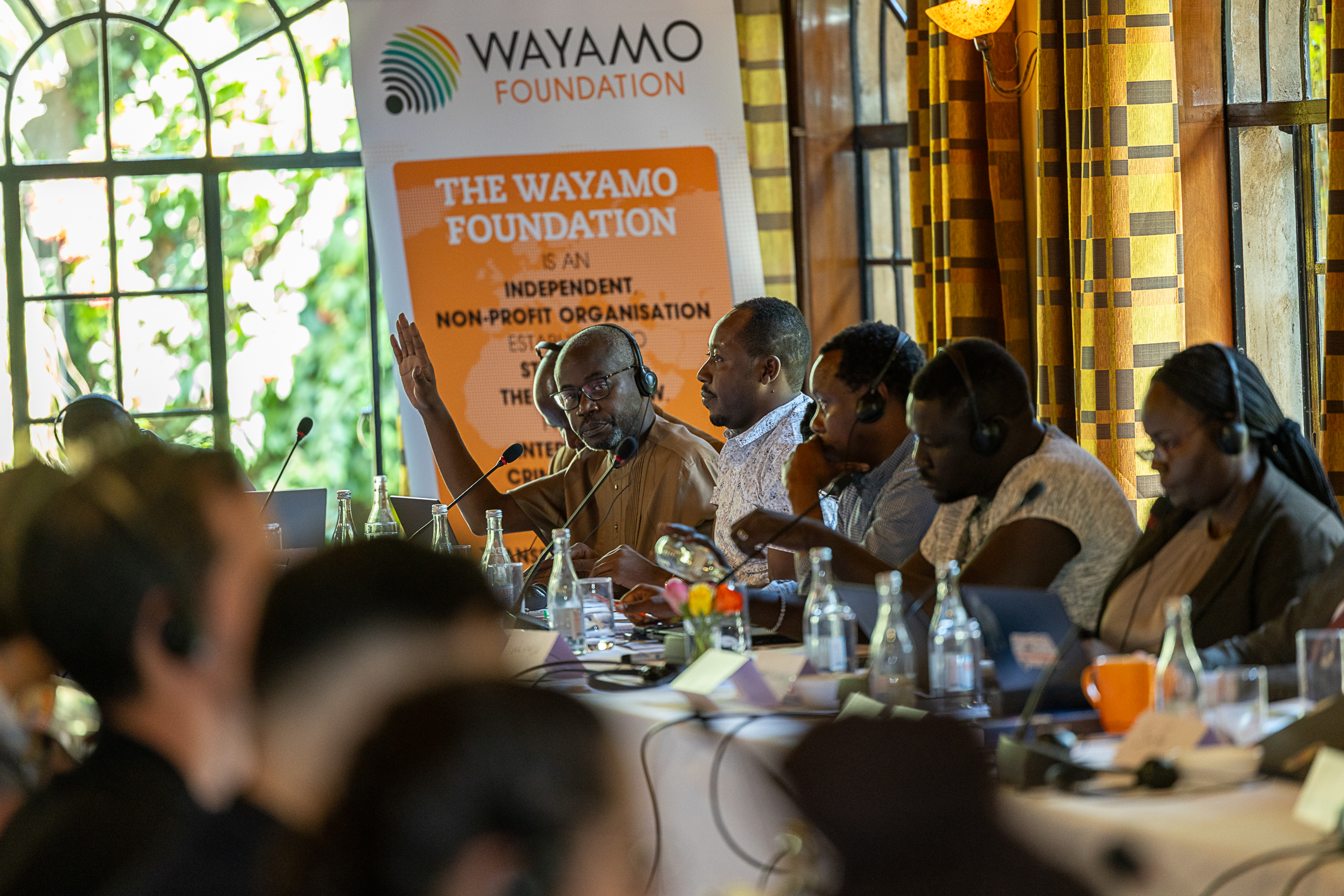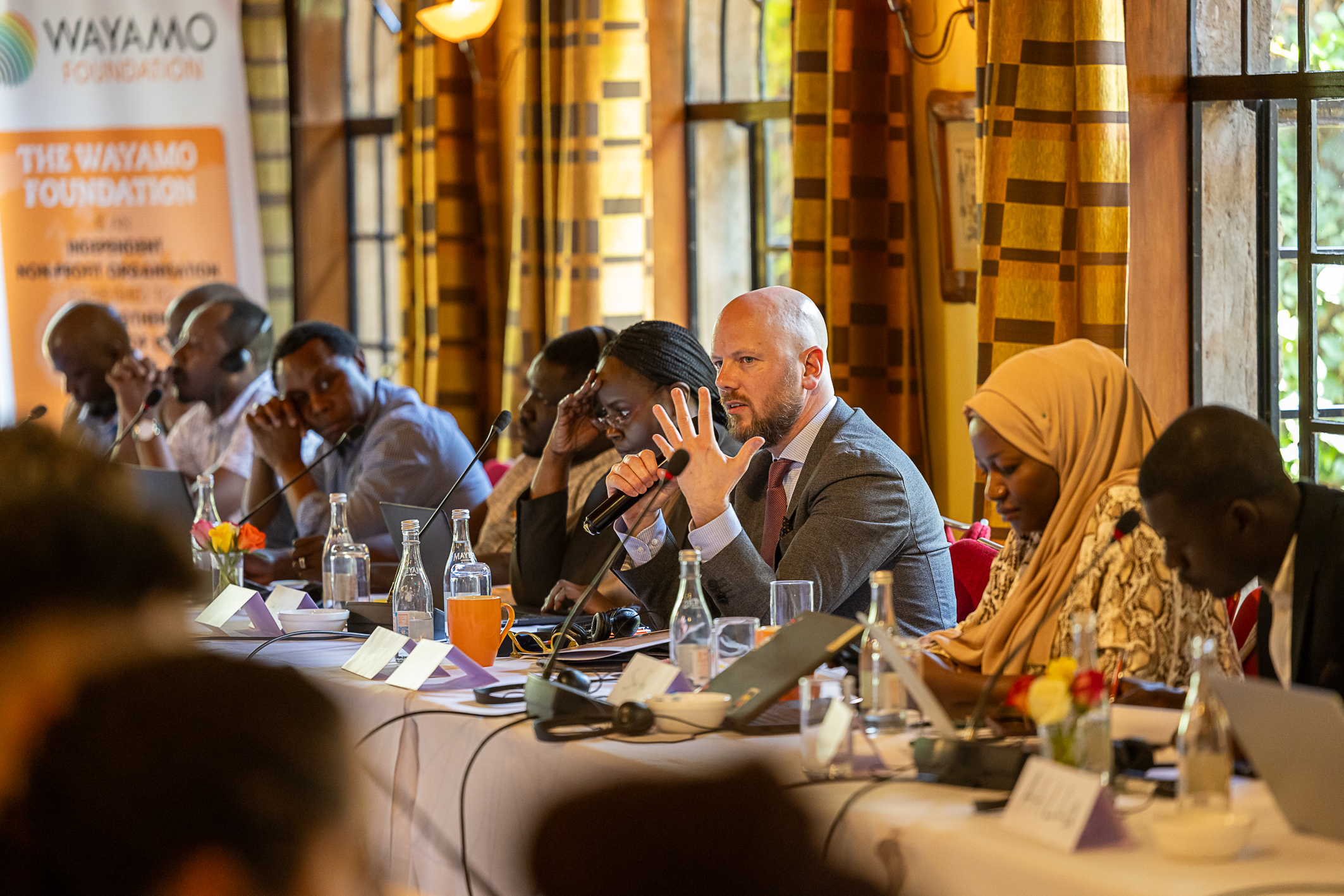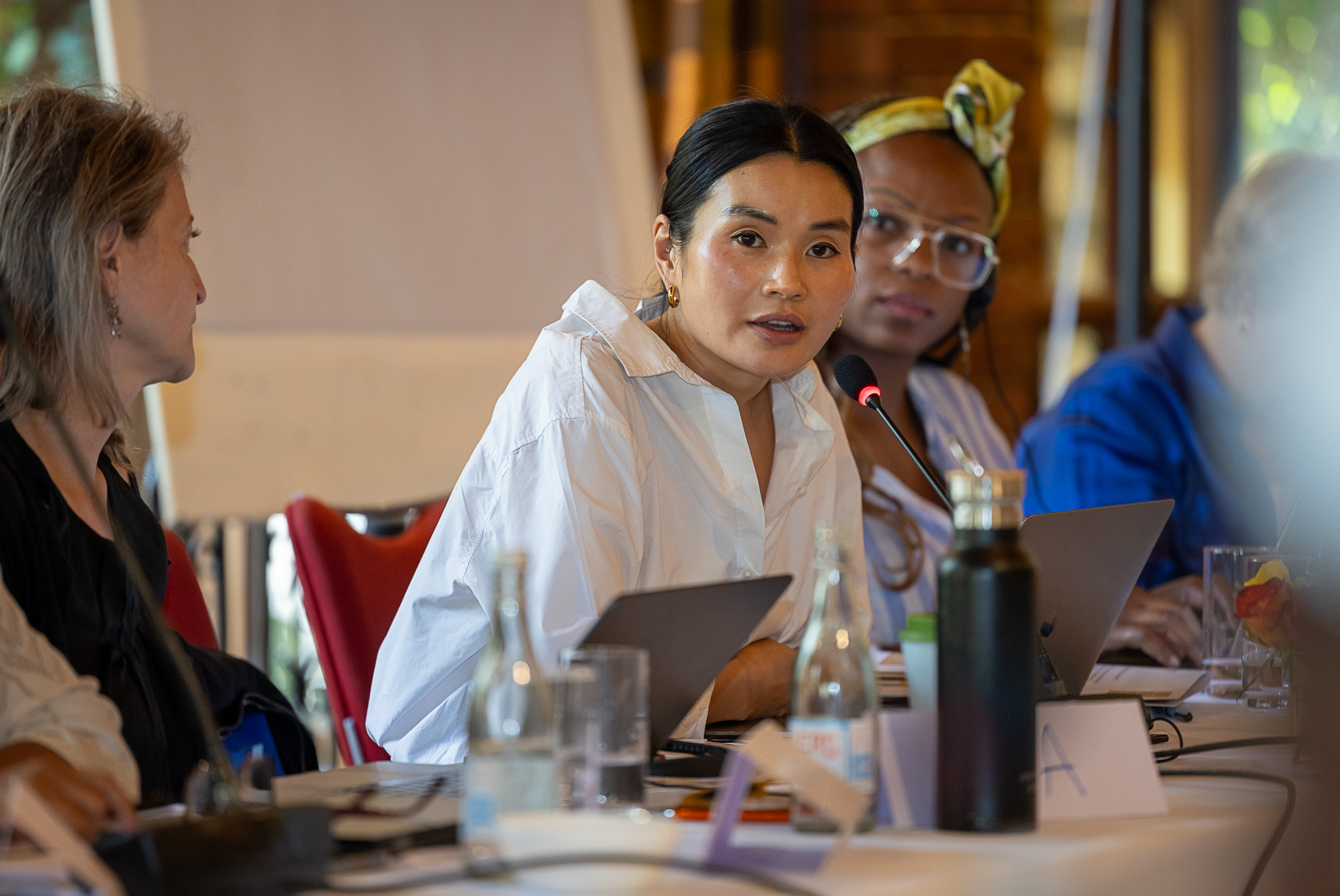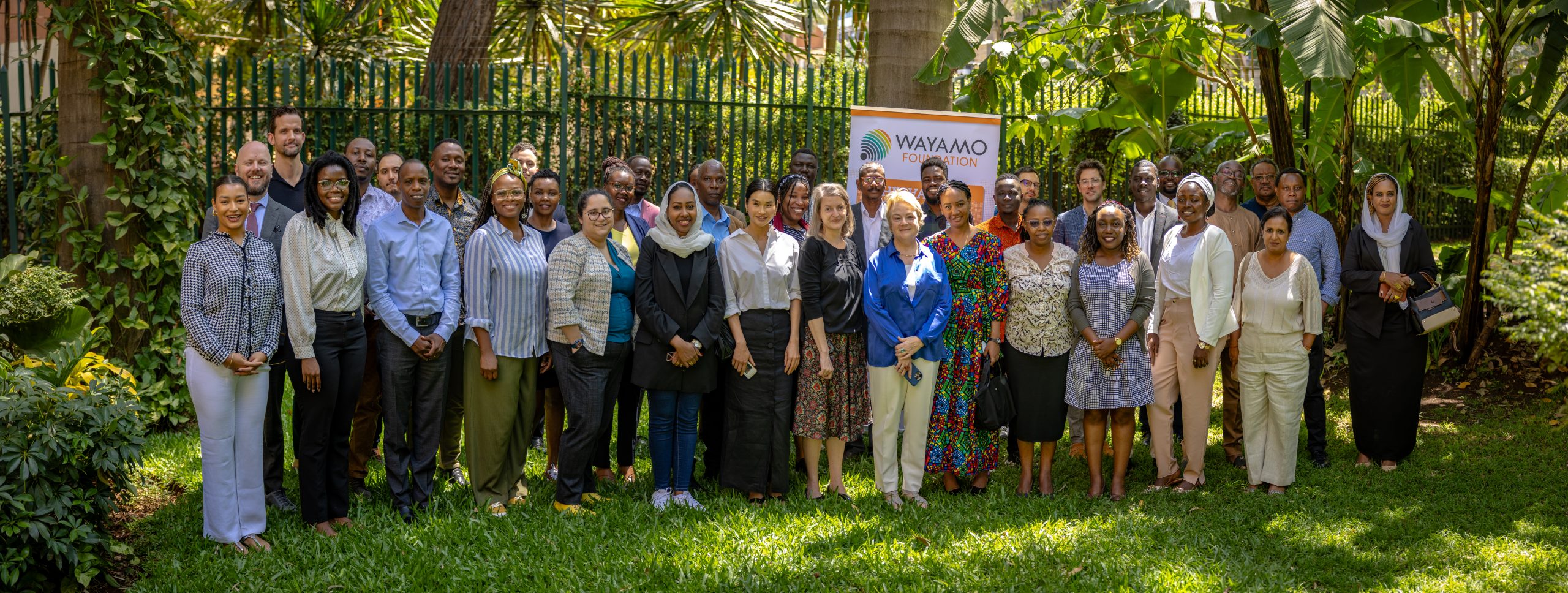The pursuit of justice and accountability for international crimes remains a key priority for civil society organisations (CSOs) across Africa. On 20 February 2025, civil society representatives from Sudan, Kenya, Uganda, South Africa, and beyond convened in Nairobi for an in-depth engagement on domestic and regional pathways to justice and accountability. The meeting fostered networking and collaboration, with participants exploring emerging tools, and discussing viable legal mechanisms to combat impunity for international crimes.
A Platform for Networking and Strategic Collaboration
The engagement was designed as a unique opportunity for CSOs to share insights, challenges, and best practices in addressing international crimes. Through structured discussions and case studies, participants examined available accountability mechanisms, from the International Criminal Court (ICC) to UN Fact-Finding missions, the African Commission on Human and Peoples’ Rights, and domestic systems utilising universal jurisdiction (UJ). Special attention was given to the ongoing crisis in Sudan, focusing on documentation efforts and strategies to advance justice.
Key Sessions and Discussions
Bettina Ambach, Director of the Wayamo Foundation, opened the event, with an introductory session on understanding challenges and opportunities where civil society participants outlined the obstacles they face in securing accountability for international crimes.
A subsequent case-study session provided an overview of the Sudanese conflict and its broader regional impact. Moderated by Abdalbasit Mohamed and Mikel Delagrange from the Wayamo Foundation, the discussions highlighted the role of civil society in supporting domestic prosecution efforts, the role of national and regional prosecutors exercising UJ, and the impact of modern forms of evidence in documenting international crimes.
A key midday session on universal jurisdiction and regional challenges was moderated by Mark Kersten, Senior Consultant at the Wayamo Foundation, with participants exploring why universal jurisdiction is primarily exercised by European and Western states. Discussions focused on whether the post-colonial African policy of non-interference is still relevant in the face of mass displacement due to conflict, as well as the capacity of African prosecution services to handle international crimes cases and the role of civil society in supporting national justice systems.
Following a networking lunch, another session led by Wayamo’s Linda Bore examined alternative formal mechanisms for justice beyond the ICC and universal jurisdiction. Topics included the effectiveness of UN fact-finding missions and their impact on accountability, the potential role of truth commissions in ensuring justice, and the contribution of African human rights mechanisms to the fight against impunity.
A final discussion, moderated by Mikel Delagrange and representatives from the Center for Advanced Defense Studies (C4ADS), focused on disrupting the operations of criminal networks responsible for international crimes. Participants examined the role of open-source investigations in strengthening accountability as well as the effectiveness of sanctions in deterring crimes and dismantling illicit networks.
The participants focused on questions about the potential for asset tracing, freezing, and seizure as a tool against impunity, as well as the impact of arrest warrants and whether UJ-based warrants can contribute to regional justice efforts. Participants also discussed how civil society actors can collaborate across borders to track potential perpetrators and witnesses.
Reflections from Participants
The civil society engagement was well received by participants, who emphasised its timeliness and relevance. Feedback from the survey conducted at the end of the event highlighted several key takeaways:
One participant, reflecting on the broader mission, stated, “We must remain resilient in our pursuit of justice and accountability against perpetrators of serious human rights violations and international crimes.”
Another highlighted the untapped potential of legal mechanisms, saying, “There is still a lot of unexplored potential in slowing down the commission of crimes through the application of universal jurisdiction.”
Emphasising the need for stronger networks, an attendee noted, “We need more platforms for engagement and cooperation among civil society actors.”
Finally, on the importance of such gatherings, one participant reflected, “Bringing civil society representatives together fosters engagement, collaboration, and the exchange of ideas.”
Conclusion and Way Forward
The event concluded with closing remarks and a discussion on future strategies. The insights gained from this engagement will inform Wayamo´s ongoing efforts to strengthen regional accountability mechanisms and ensure that justice is served for victims of international crimes.
It was stressed that the regionalisation of this civil society engagement was crucial, reinforcing the importance of cross-border collaboration. Sudanese participants, in particular, expressed that they no longer felt isolated in their efforts, as such meetings present an opportunity for organisations across the region to work together in advocacy and bringing cases before national and regional courts, thereby strengthening collective accountability efforts and advancing justice for international crimes in the region.

